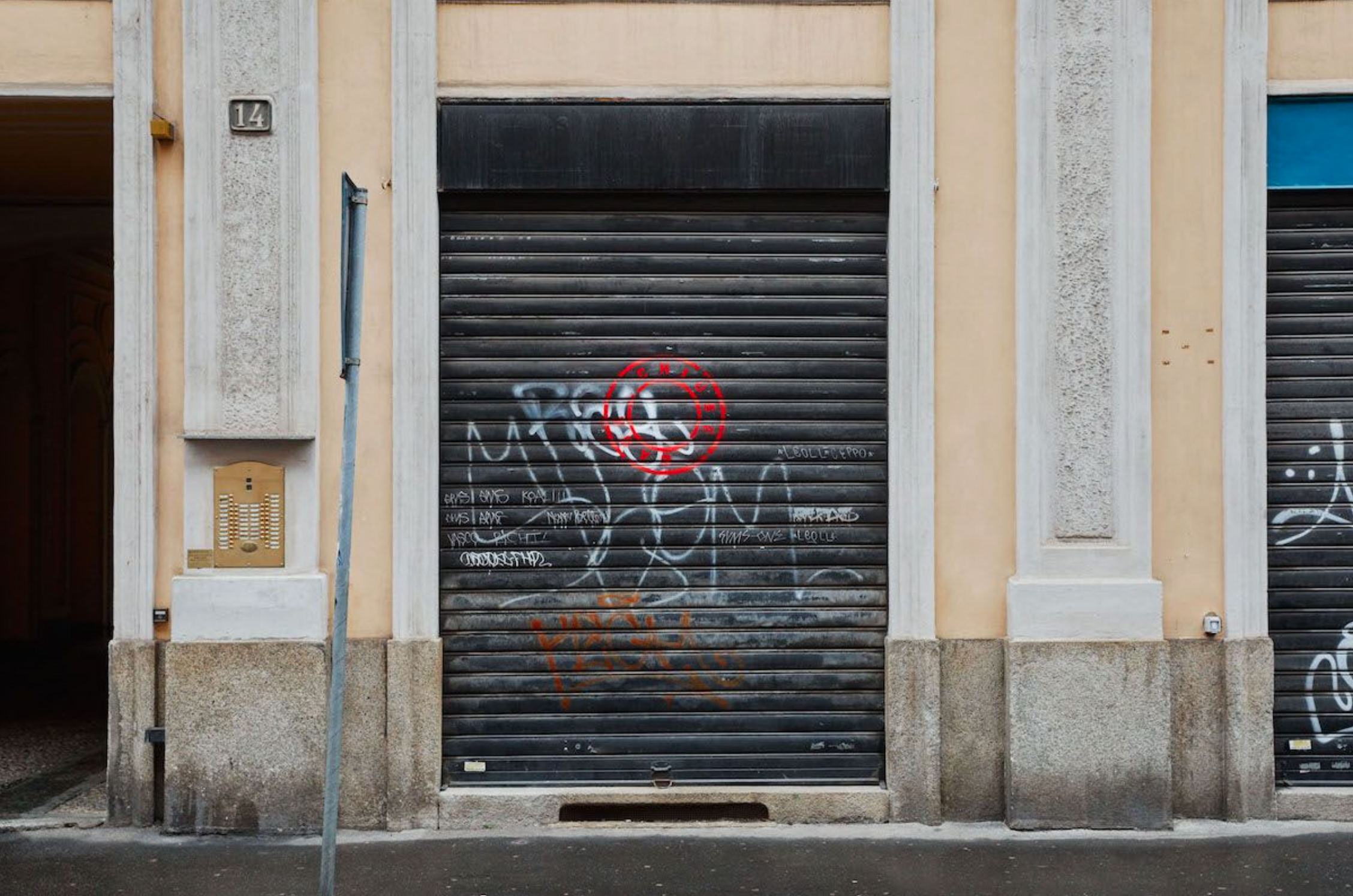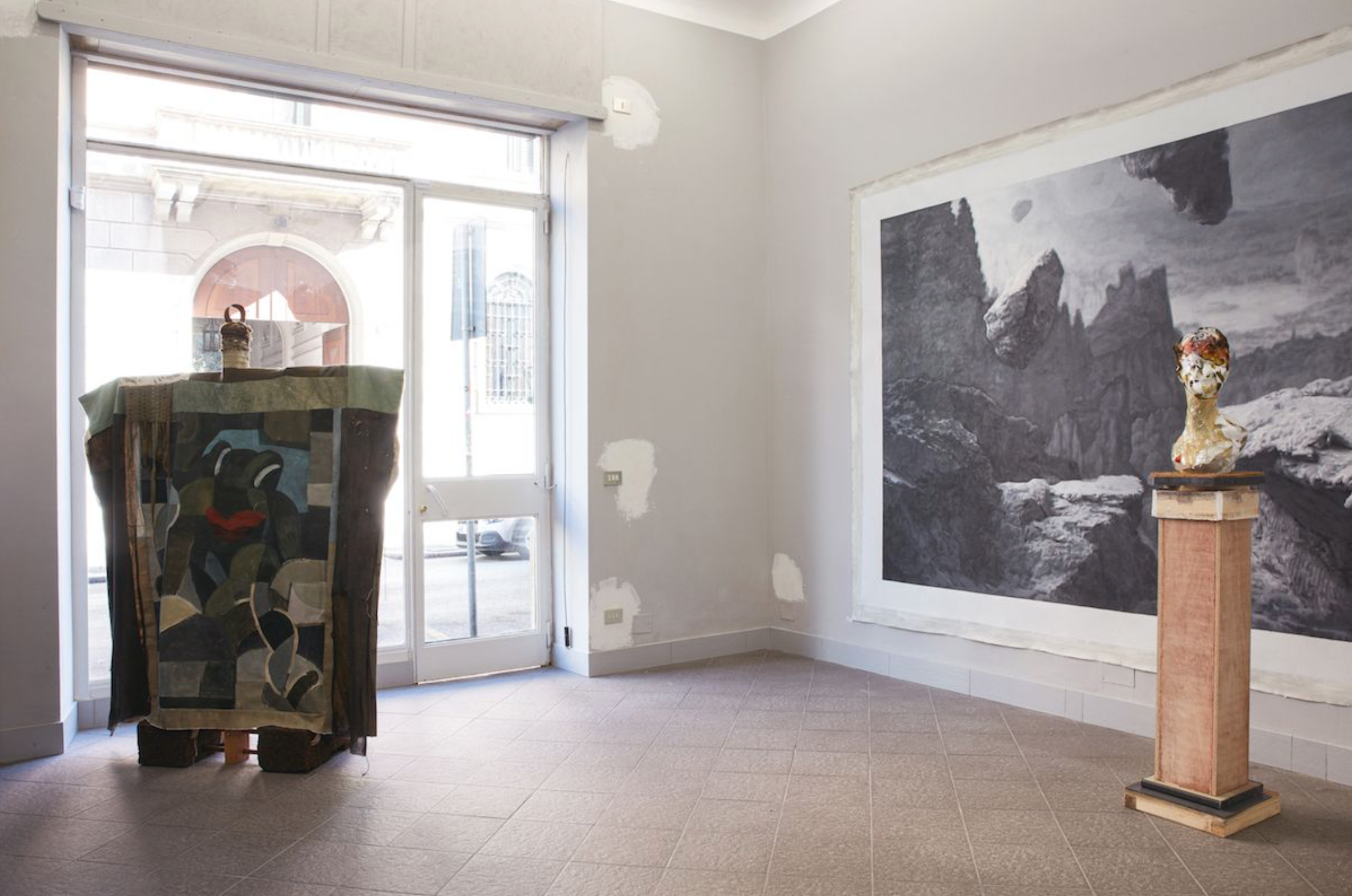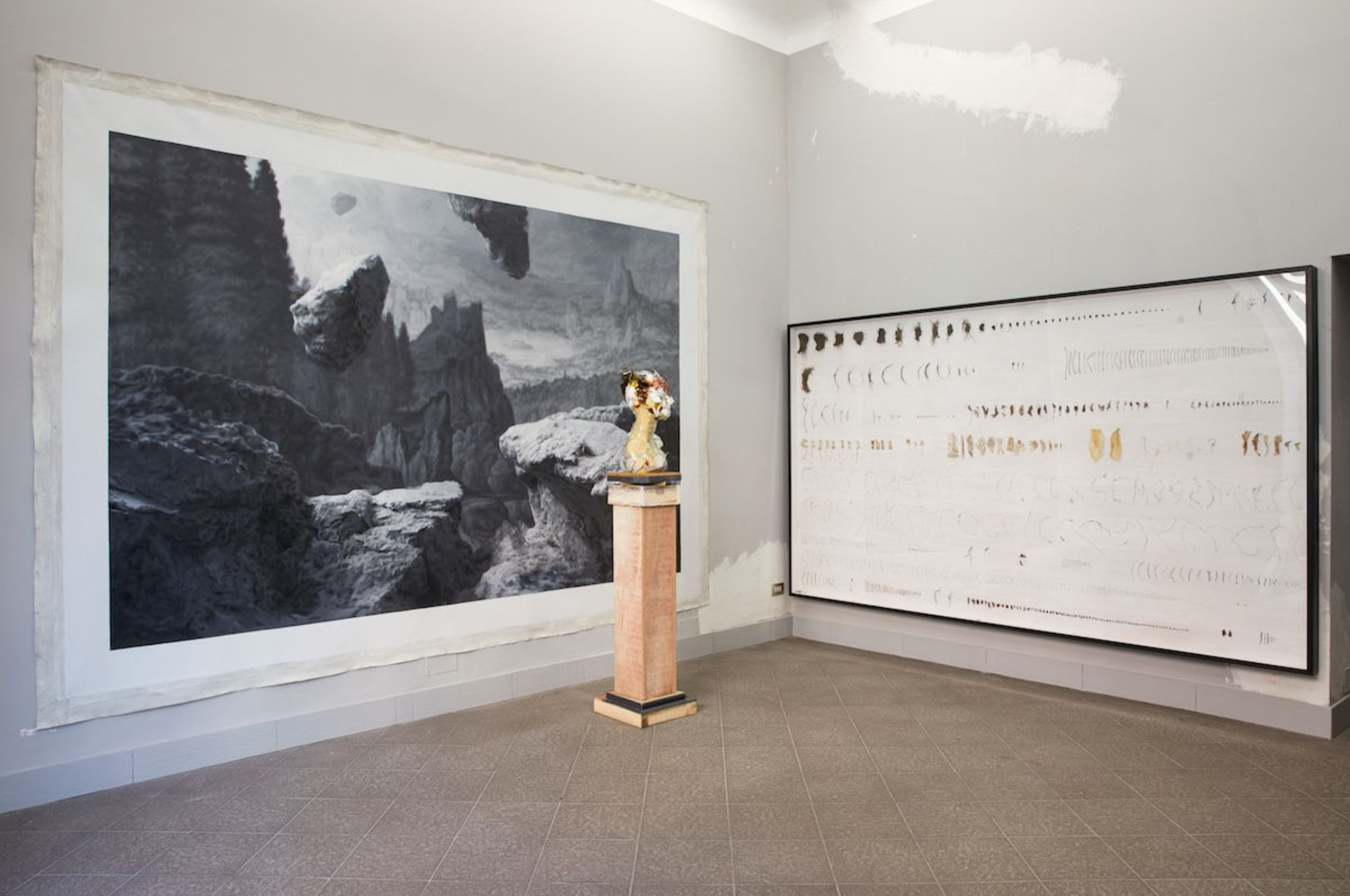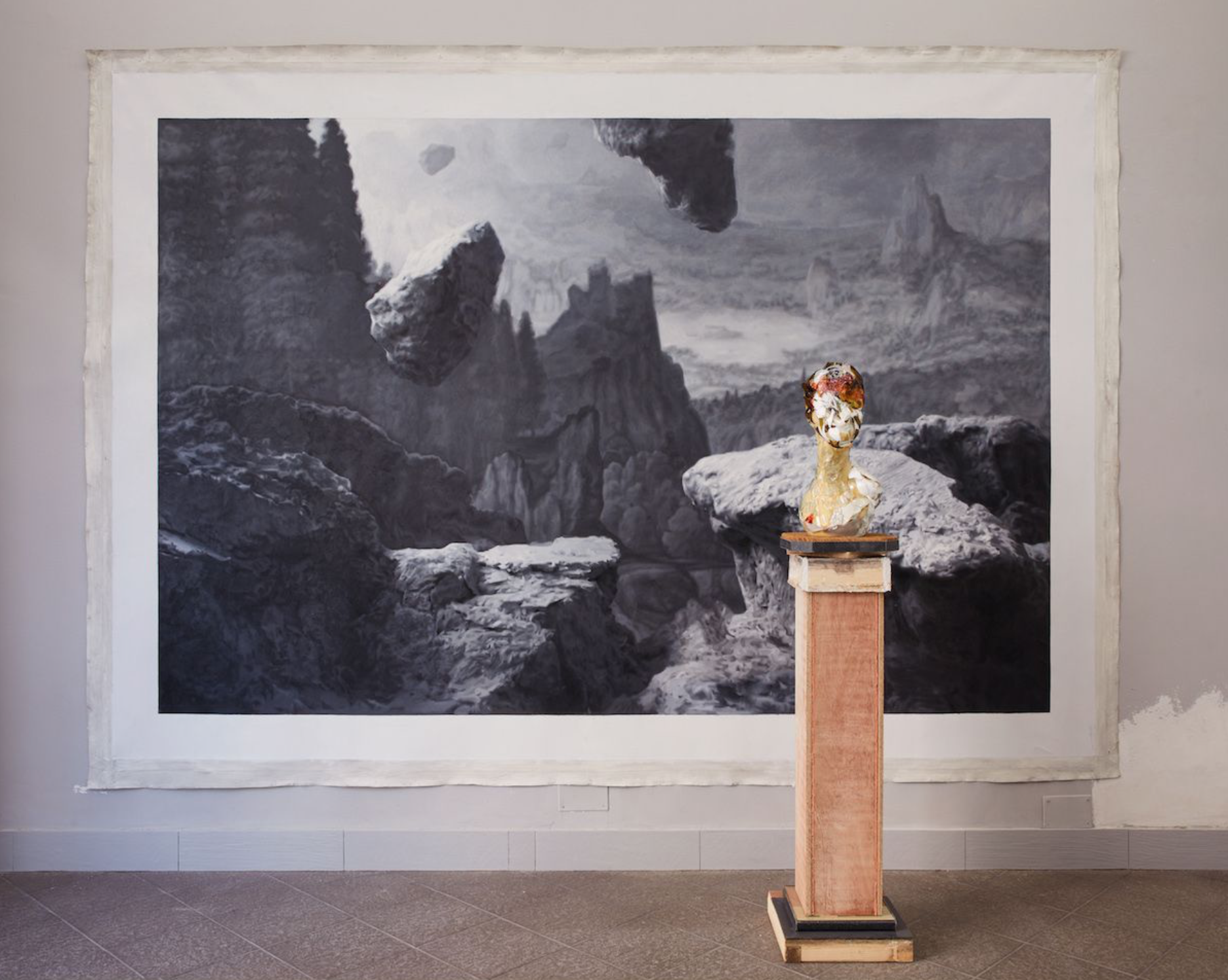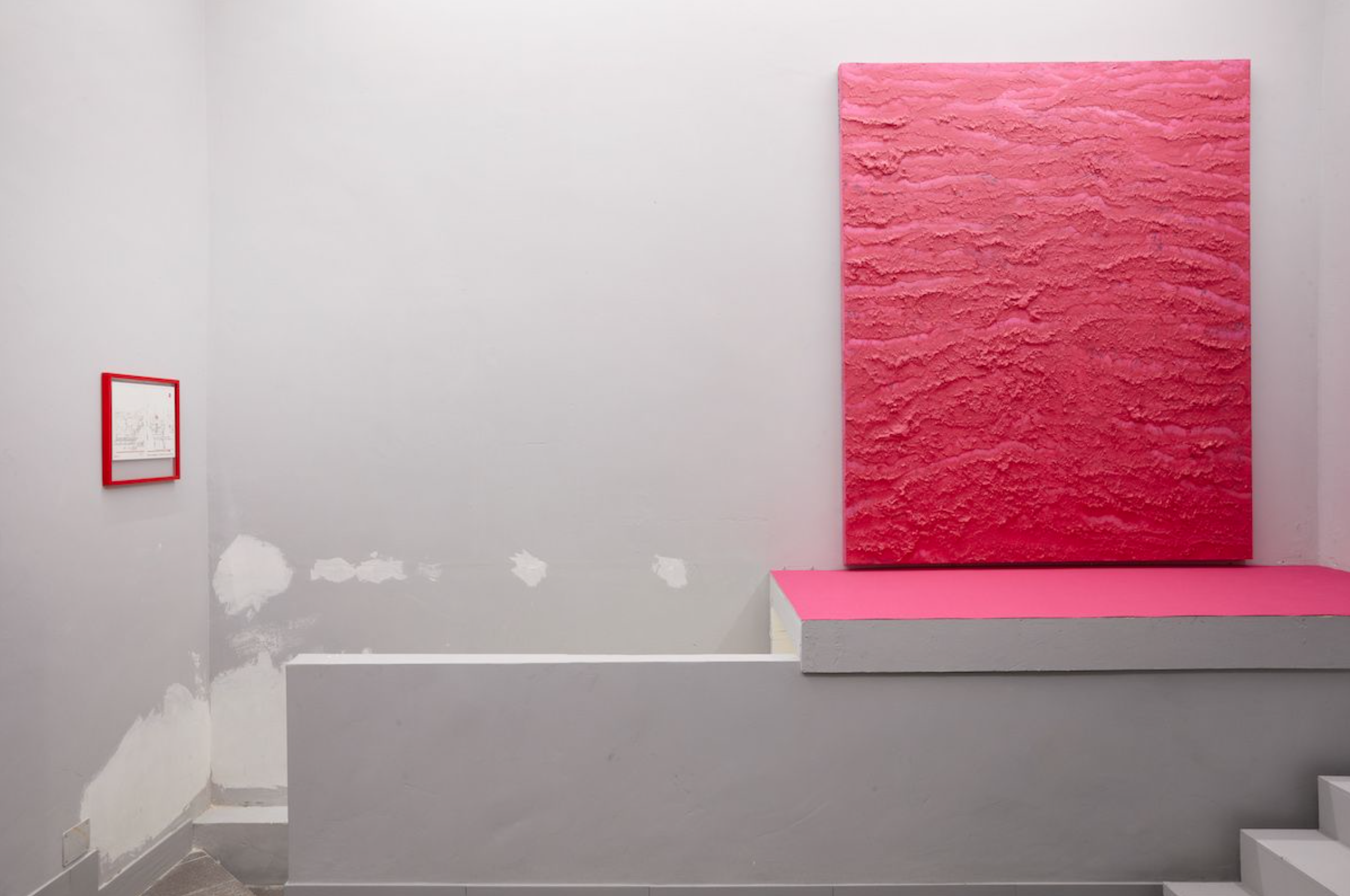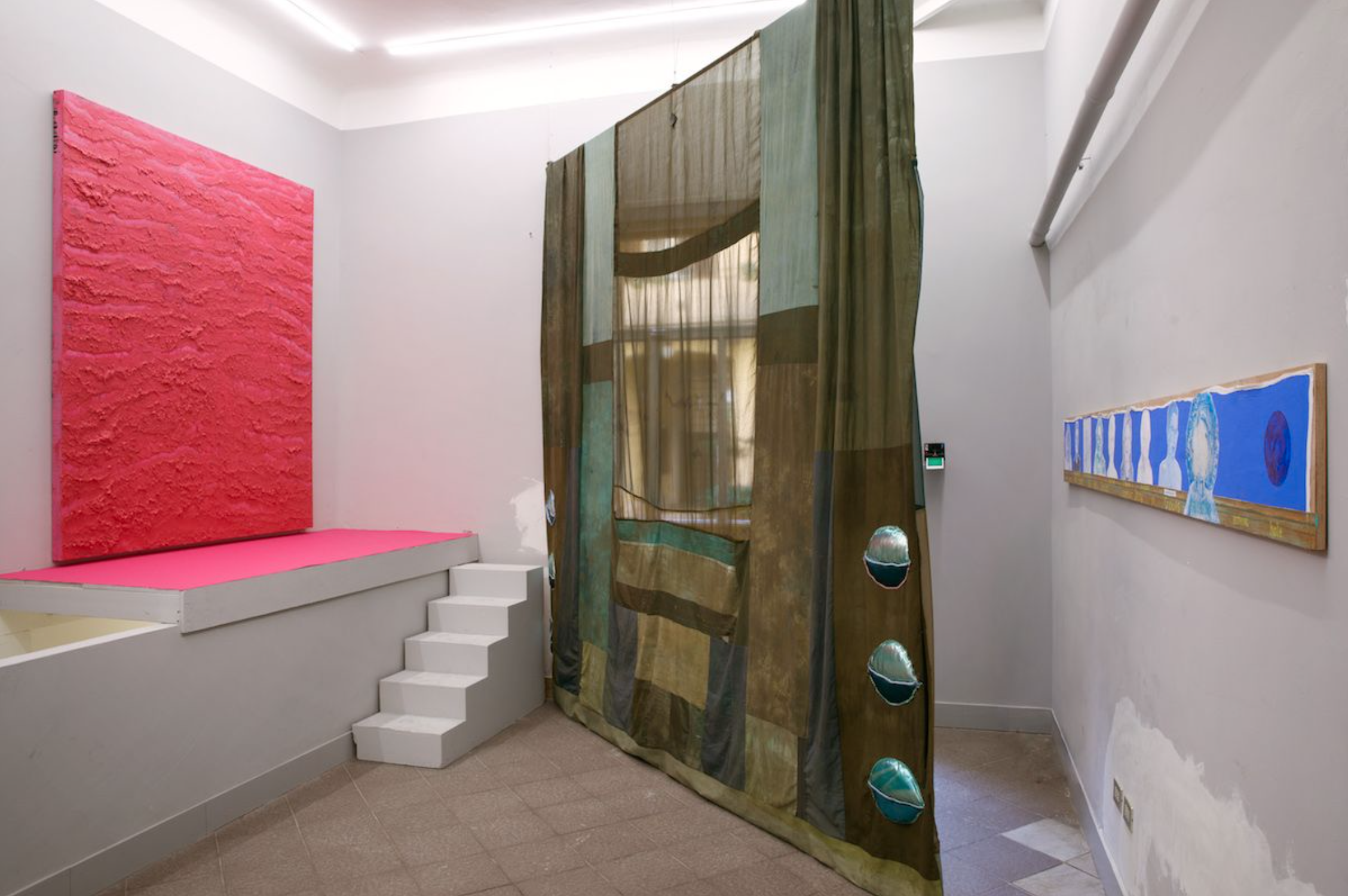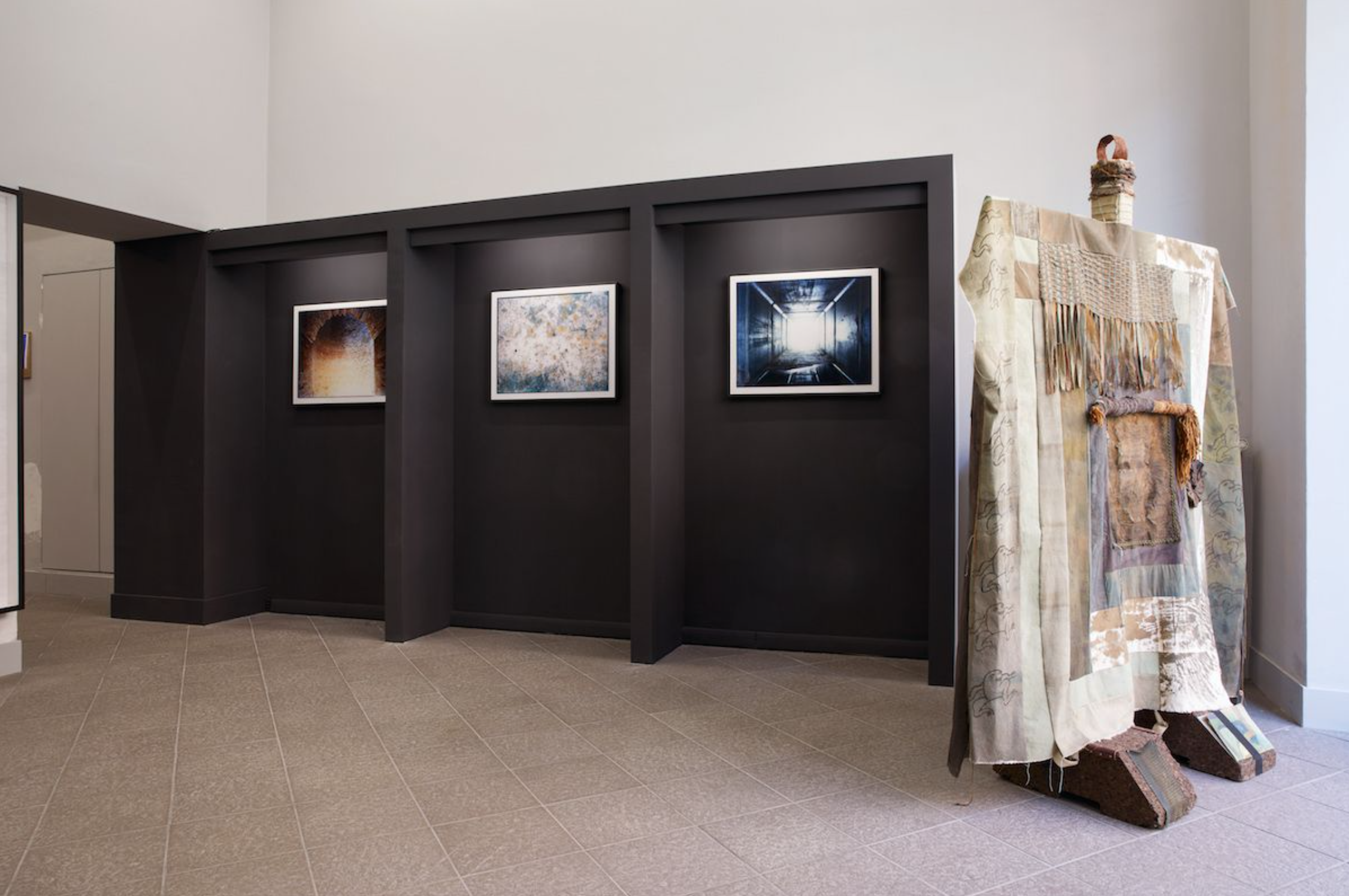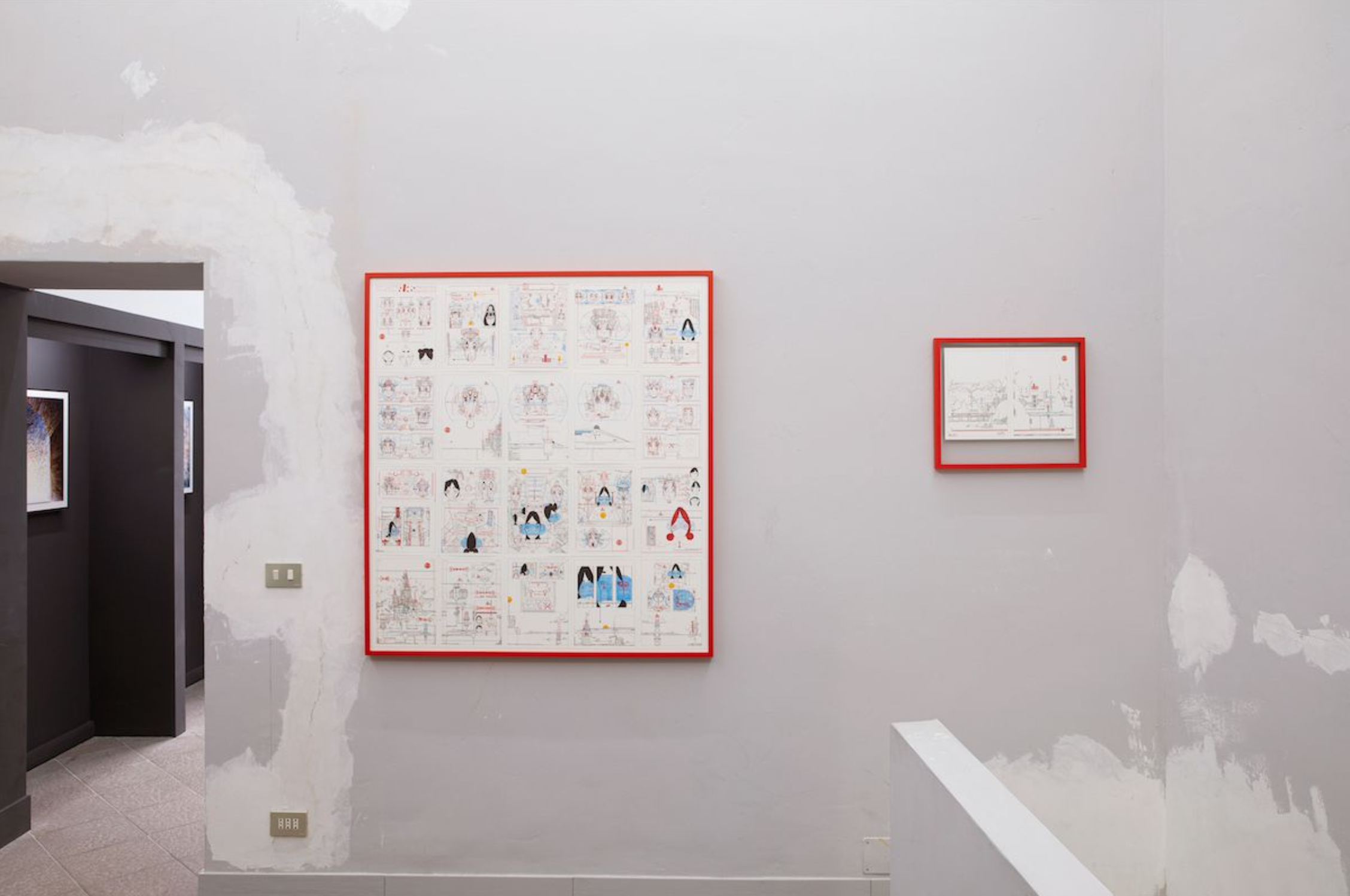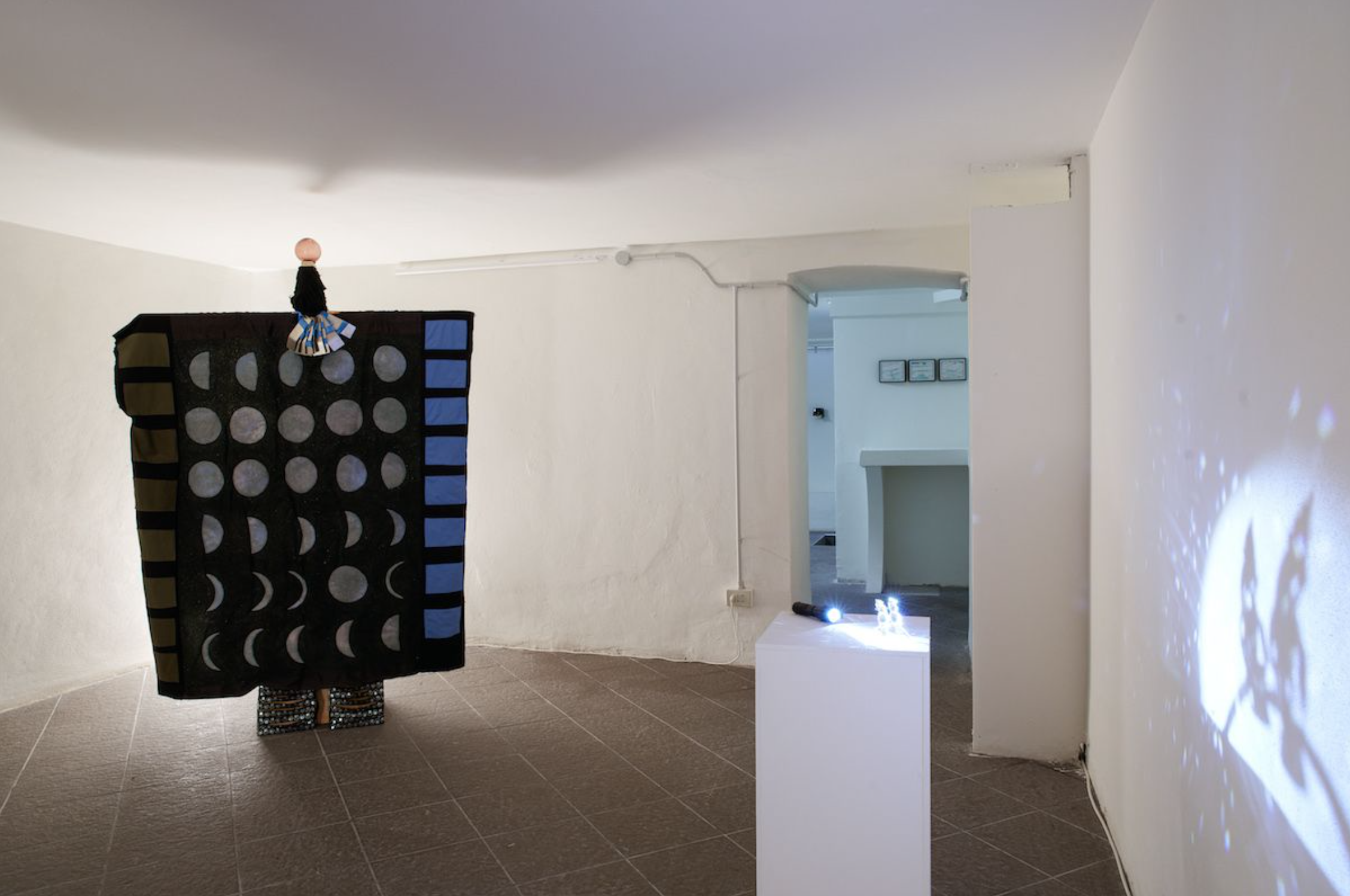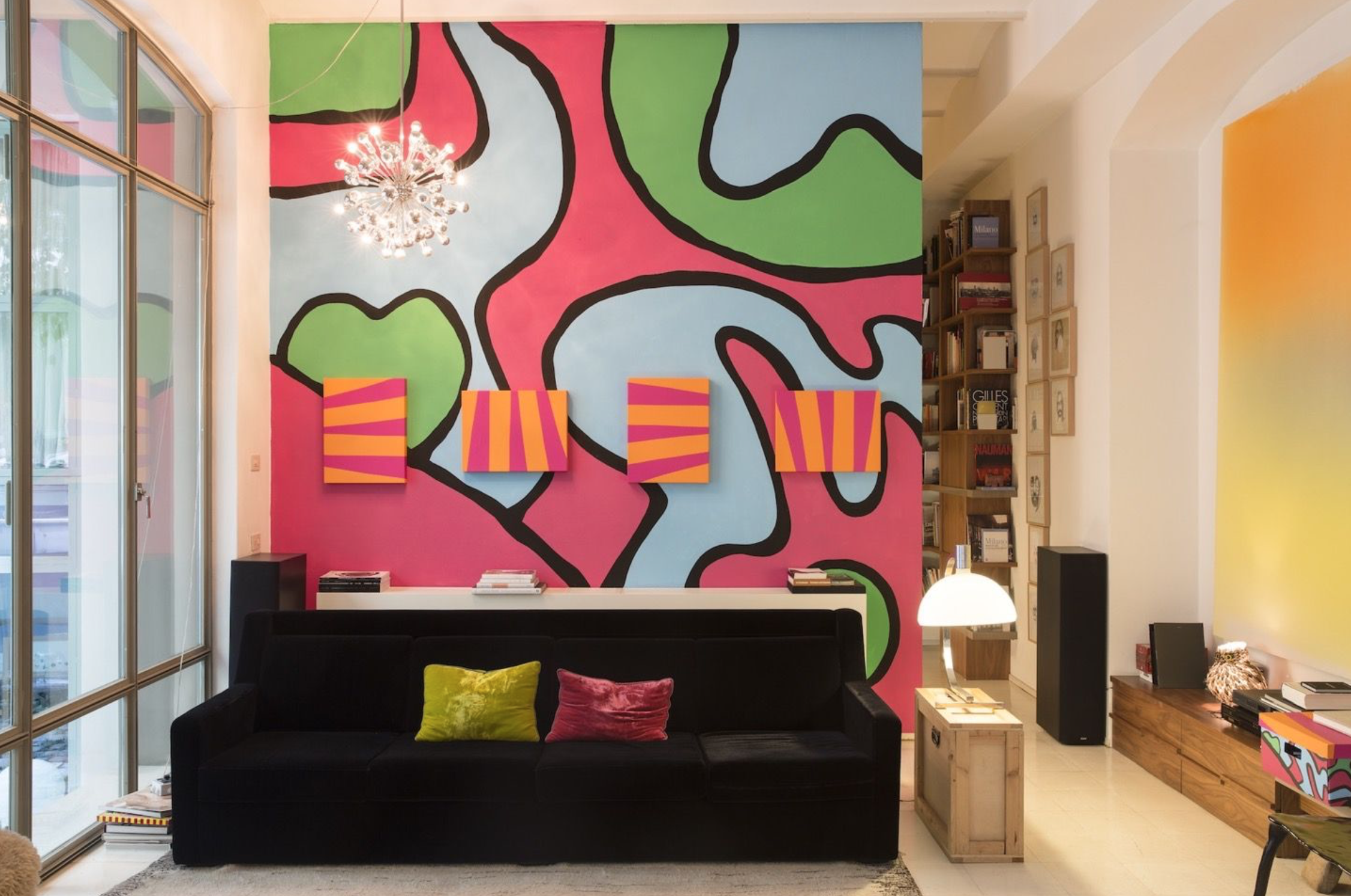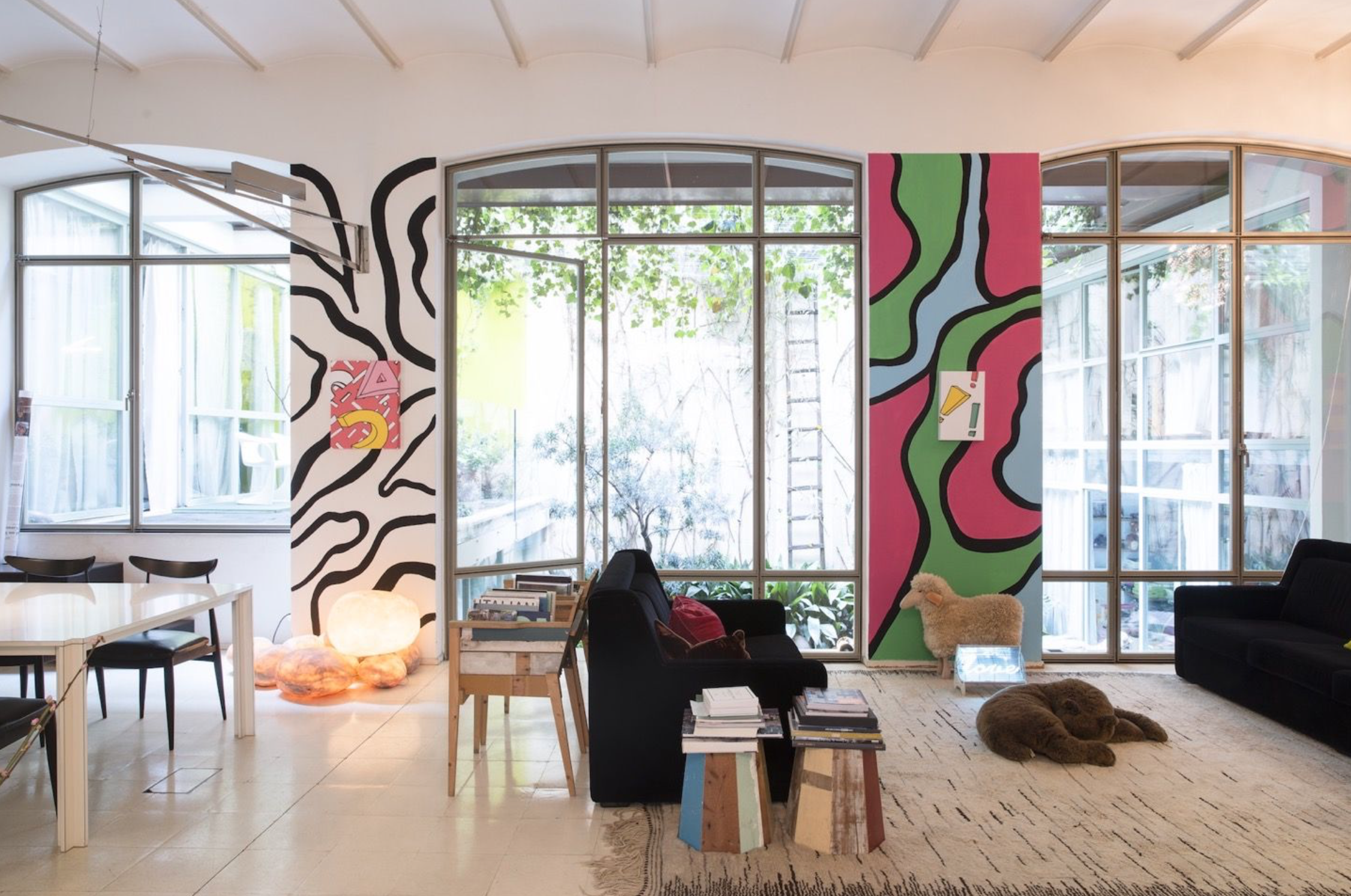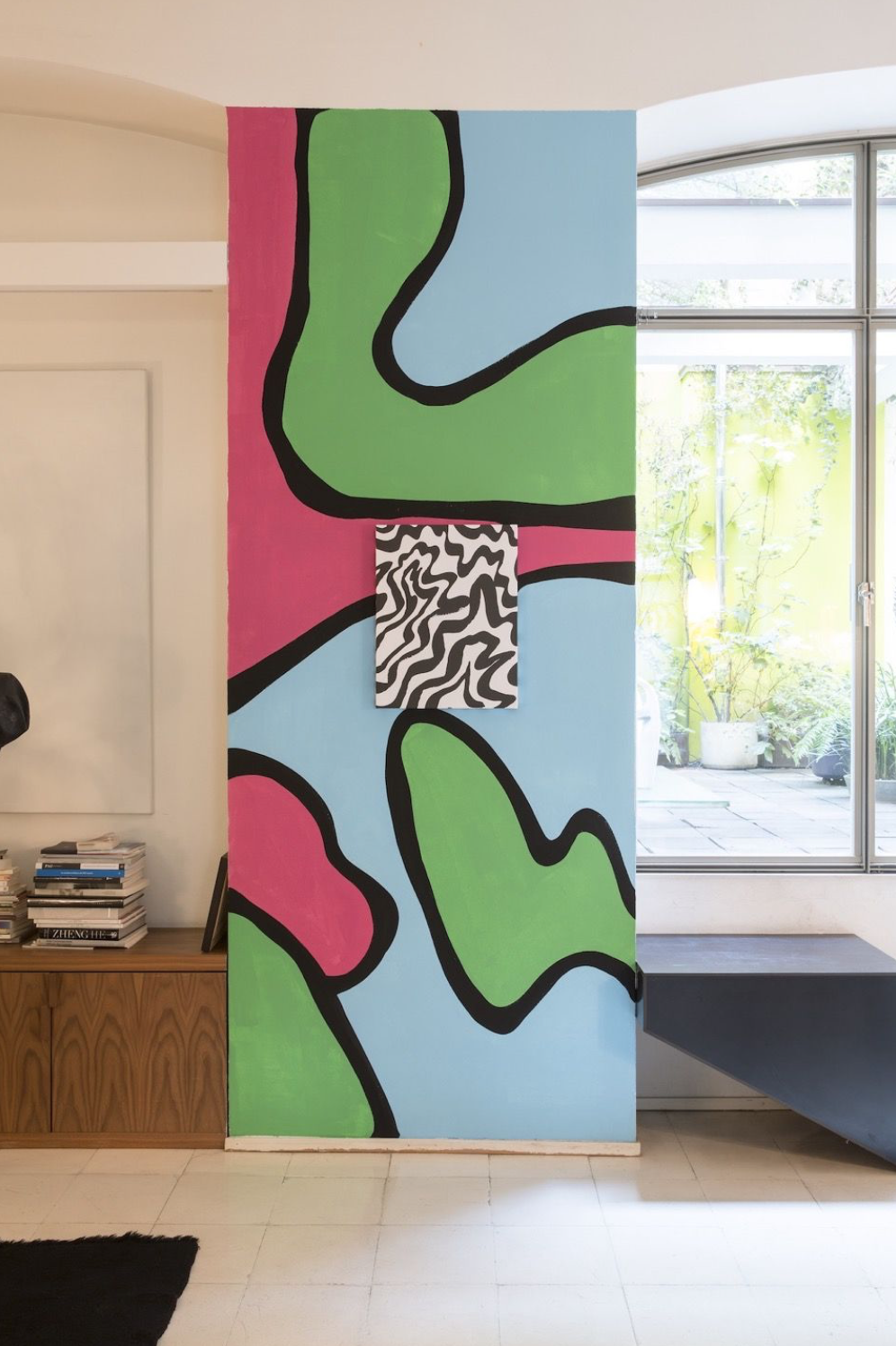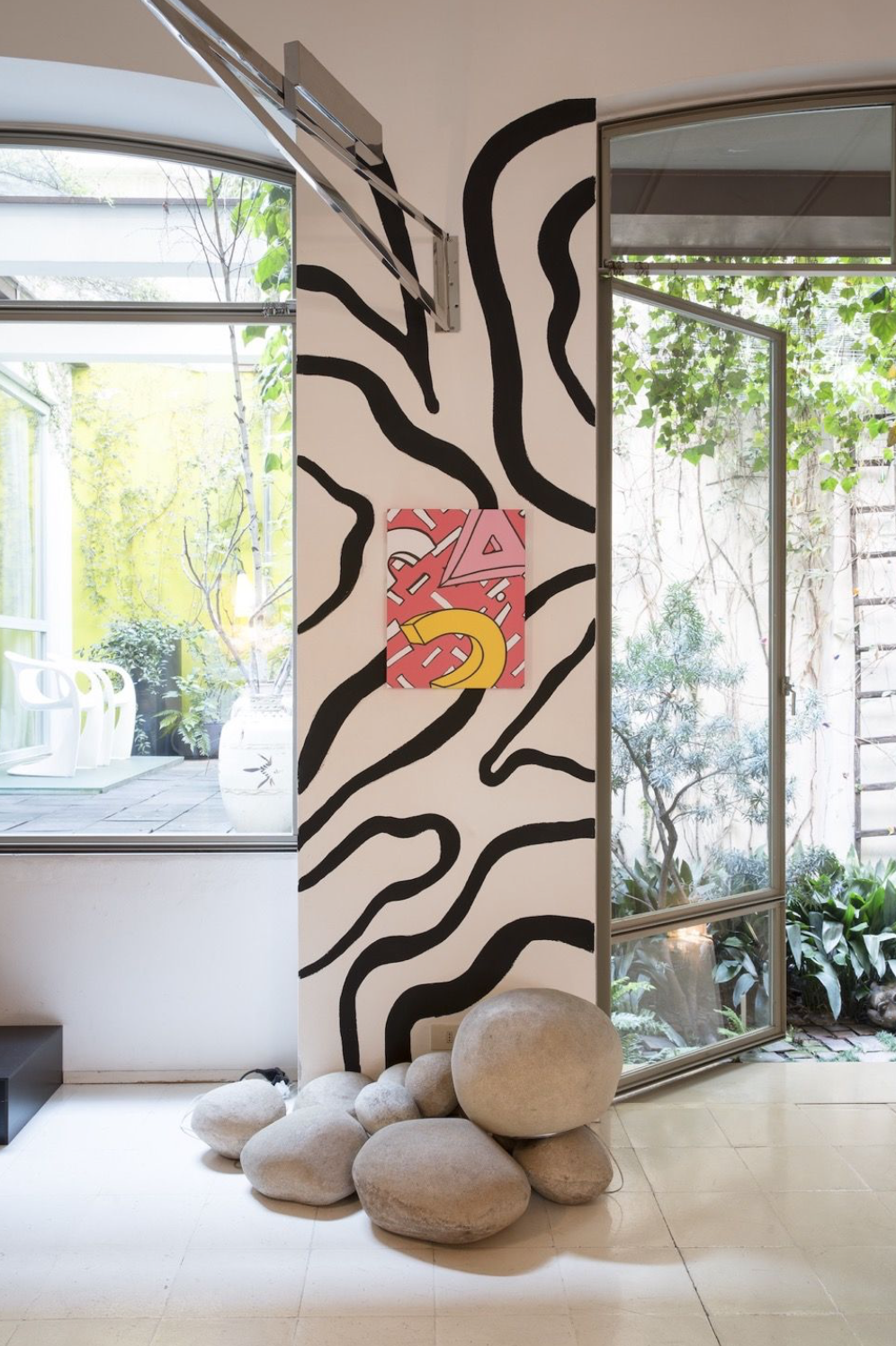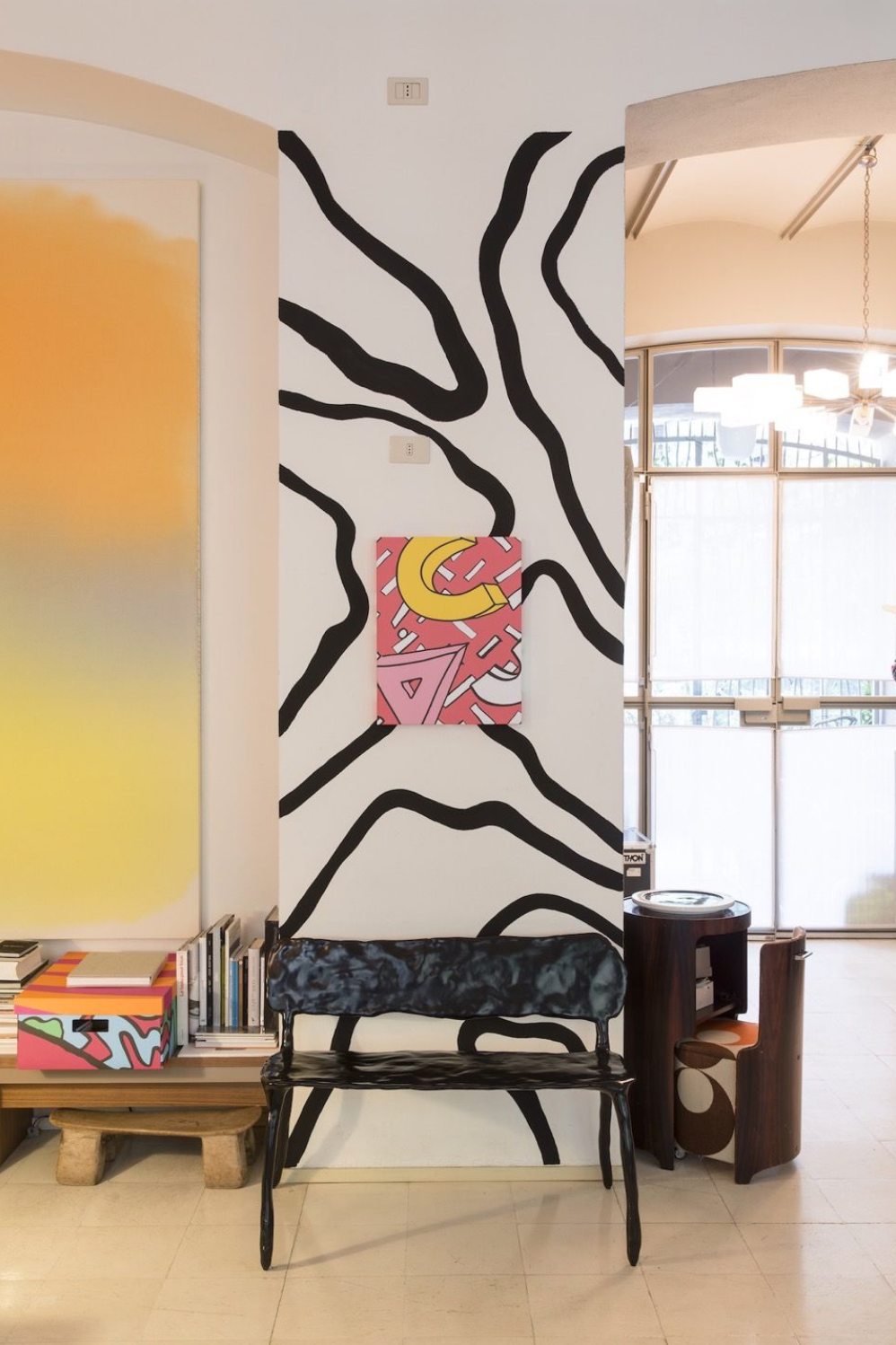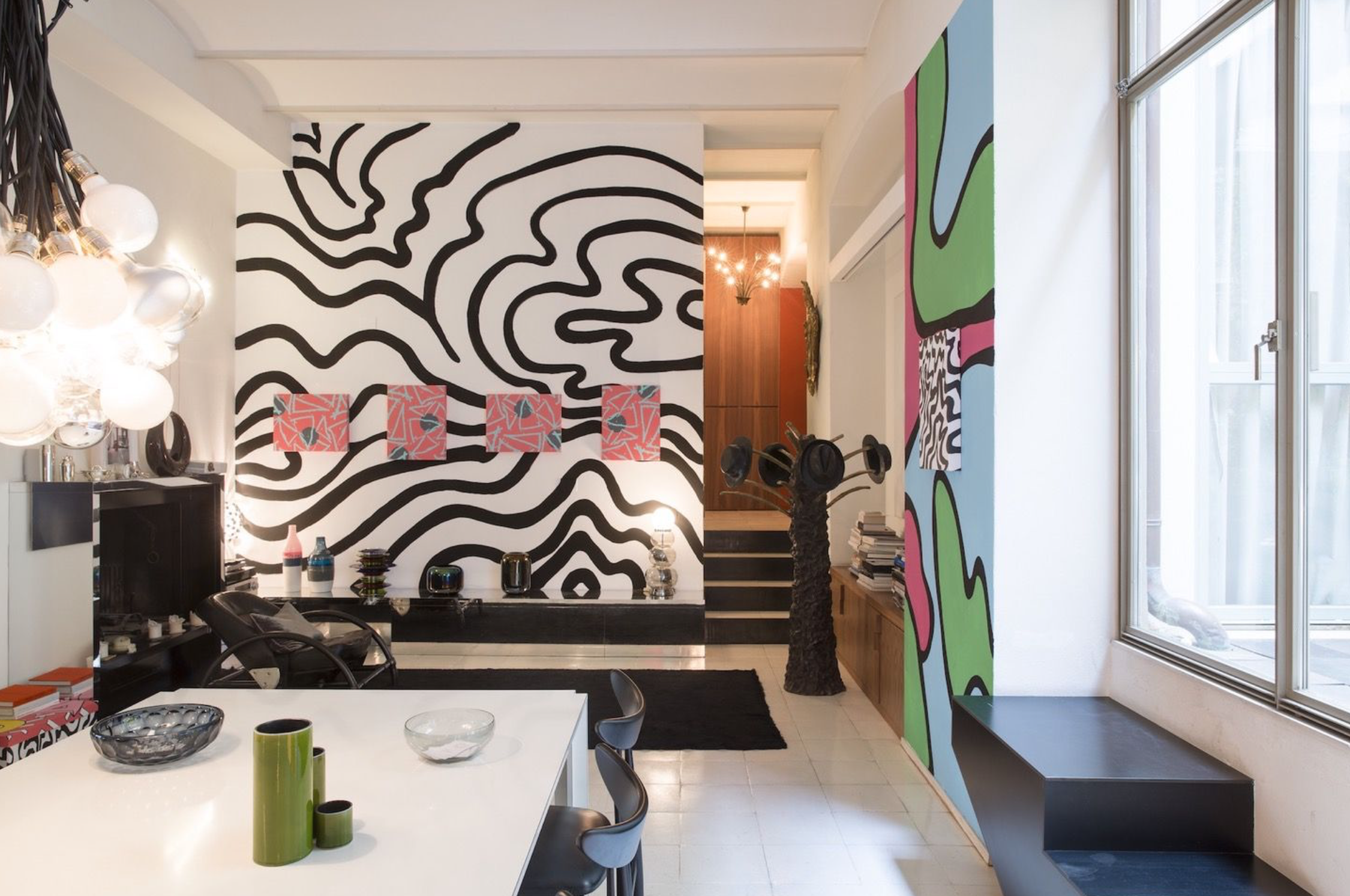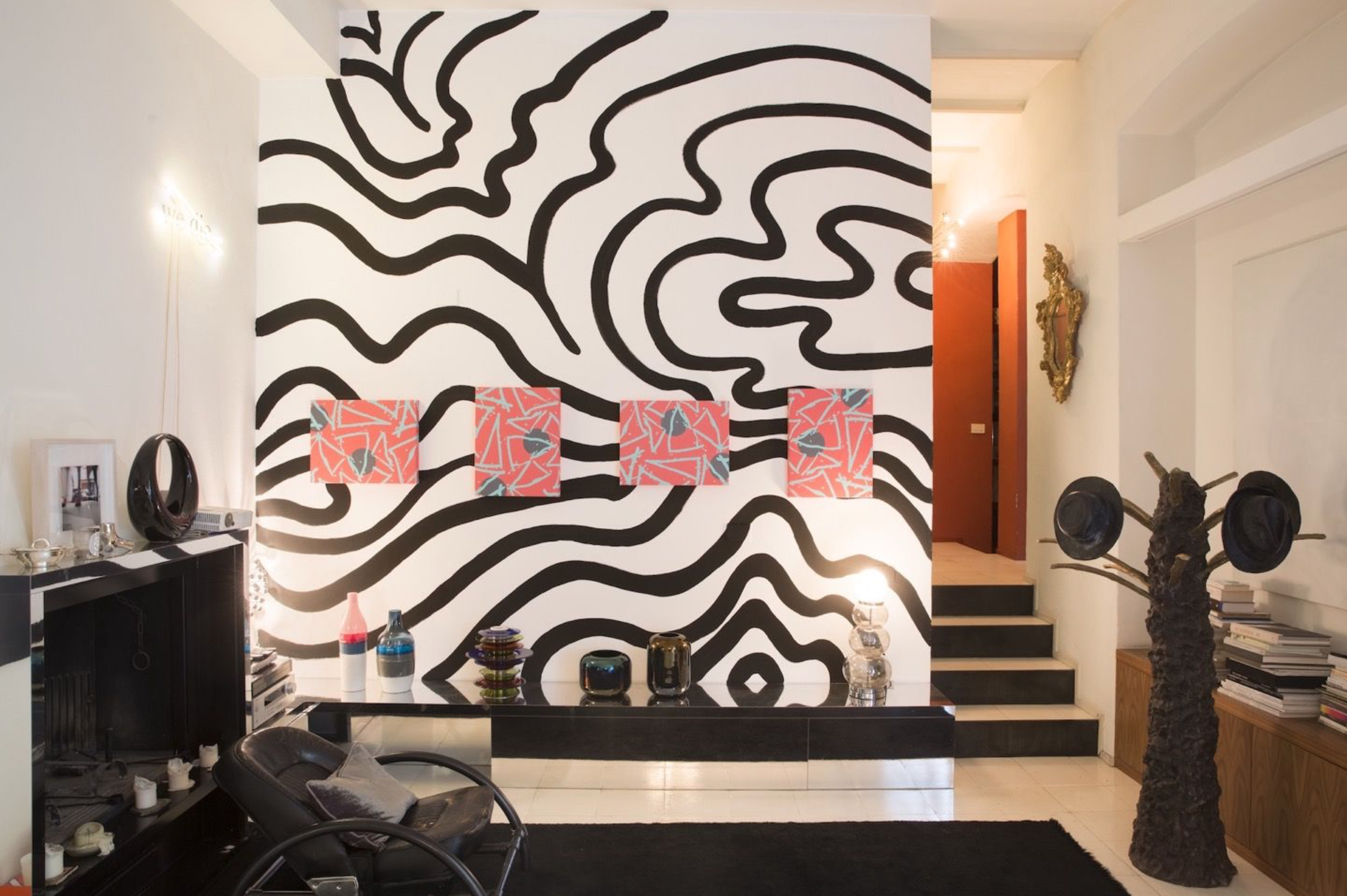B&A Events Introduces: Case Chiuse By Paola Clerico
On February 3rd, the B&A members got a chance to a chat with Paola Clerico – founder of the gallery and creative agency Case Chiuse – to learn more about her idea of a flexible platform of production and consultancy in the field of contemporary arts.
Case Chiuse started in February 2014 as a wandering platform of production and consultancy in the field of contemporary arts, with the purpose of supporting artists and facilitating the diffusion of their work.
For five years now they have devised and staged exhibitions, occupying private and inaccessible places, opening them up to the public for the duration of the exhibition, always in close collaboration with artists, galleries and curators that shared their passion for these wandering spaces.
Case Chiuse by Paola Clerico, via Rosolino Pilo 14

